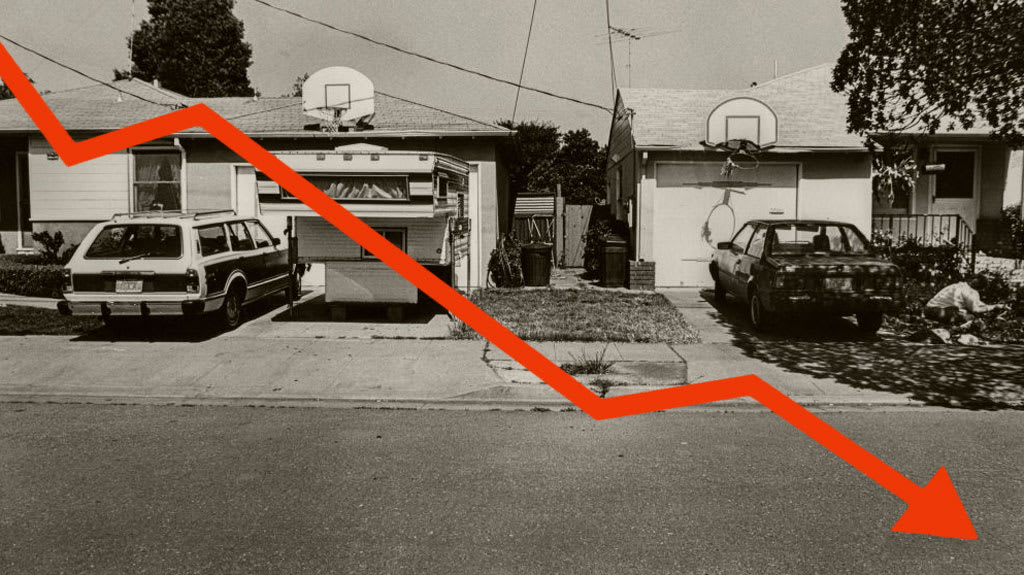About 300,000 workers to get a raise next year as higher minimum wage kicks in
More than 300,000 maintenance, security and child care workers will get a raise starting next year under a new $15 an hour minimum wage for federal contractors, the Labor Department said Monday. The new compensation scheme stems from an April executive order by President Joe Biden that raises the pay of federal workers.
The $15 baseline wage for federal contractors also will be indexed to inflation and rise in subsequent years. The new pay floor takes effect for any federal contract starting on or after January 30, 2022.
Under the new rule, outfitters and guides on federal lands, as well as some workers with disabilities who can be paid less than the minimum wage, will have their pay raised to $15 an hour, labor officials said. Starting in 2024, tipped workers on federal contracts will also make at least that amount. Currently, such workers can be paid less than others because employers assume that tips will make up the difference.
"Federal contract workers are essential workers," Labor Secretary Marty Walsh said in a call with reporters. "The people who we're going to be covering clean and maintain federal buildings. They provide child care for kids, they repair roads and bridges all across this country," he said.
The rule applies to all employees of a business that has government contracts — not only those who are working in federal buildings, officials said.
The raise would affect about 327,000 workers who are now earning less than $15 per hour, said Jessica Loomen, acting administrator of the Labor Department's wage and hour division. Many of those employees work in security, building maintenance and child care.
"This administration feels very strongly about economic security and increasing wages for those essential workers," Loomen said.
Raising the pay of government employees could indirectly boost earnings for other workers, said Ben Zipperer, an economist at the left-leaning Economic Policy Institute. He pointed to research showing that, when Amazon raised its starting wage to $15 an hour in 2018, it led nearby competitors to raise their pay as well.
"While not a substitute for a universal $15 [minimum] wage, there may be important spillover effects," he said.
EPI previously estimated that the rule would boost affected workers' pay by more than $3,000 a year on average.





